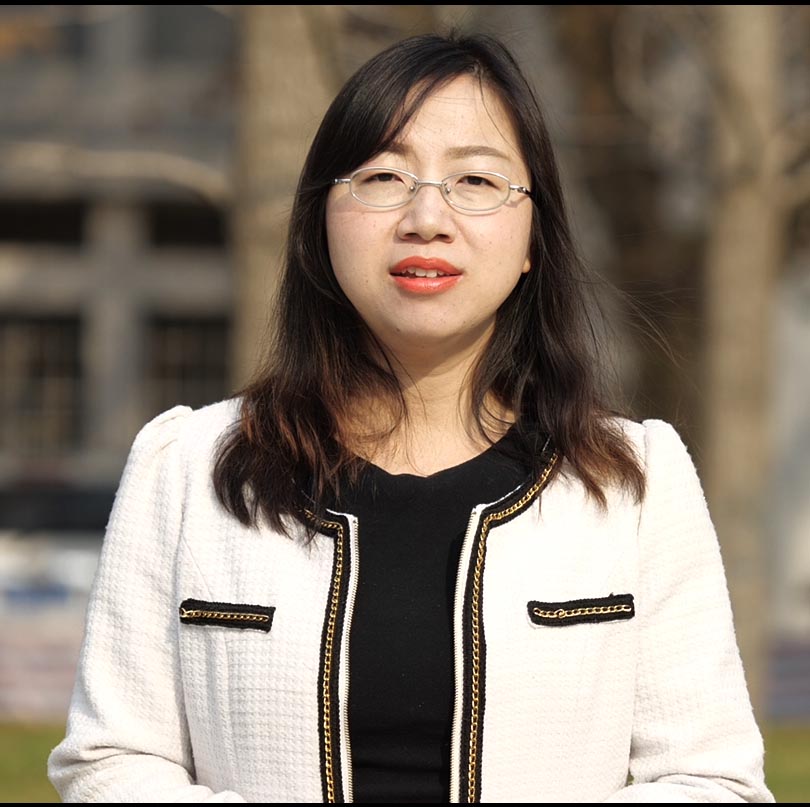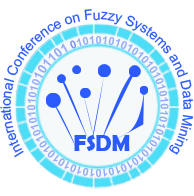Invited Speaker

Dr. Manyu Xiao, Associate Professor
Department of Mathematics and Statistics, Northwestern Polytechnical University, Xi’an, ChinaSpeech Title: Investigation on Machine Learning Method for Large Scale Building Information Modeling
Abstract: In the global trend of digitization of all engineering fields, Building Information Modeling (BIM) has recently revolutionized the construction sector. From the initial design of a building to its construction, operations and maintenance phases, all the data related to a construction project can now be collected and synchronized into a unified numerical model consisting in a 3D representation enriched with all useful properties (structural, thermal, budget, planning, etc.). However, a construction project being in evolution, the Level Of geometric Detail (LOD) related to all the objects of the building must constantly be checked to ensure that sufficient data are available at a given moment and for a given task. For example, to perform a structural analysis, the exact geometry of the structure including all connections and material properties, must be described in the model with sufficient accuracy. Unfortunately, this verification of LOD’s for all objects cannot be easily automated with explicit rules, because of the huge number of possible geometries, the variety of objects, etc.
Therefore, in this contribution, An investigation based on machine learning is firstly proposed to classify the element, then to detect anomalies in the LOD based on geometric inputs (e.g. length, perimeter, gross area and gross volume) and additional metadata properties (e.g. is the element load-bearing or not? what is the type of the element?) extracted from the building model in the future work.
Machine learning has already been used in a few papers in both unsupervised and supervised learning, for classification or prediction tasks [1-3]. However, the main scientific challenge here lies in the mixed character of the data, i.e. continuous (geometric dimensions) but also categorical (like the type of object: beam, column, slab, roof, window, door, etc.). Mixed variables have been considered by the authors in seminal papers in mechanical and structural design [4-5]. In the current contribution, a Python program is used to decipher the BIM models (available through IFC files) for a series of complex buildings, and Three types of machine learning methods are then tested to classify and detector objects of a big BIM data. The numerical results are obtained and discussed on one practical example.
Biography: Manyu Xiao is an associate professor at the School of Mathematics and Statistics of Northwestern Polytechnical University in Xi’an. She has obtained her PhD in Advanced Mechanics from the Université de Technologie de Compiègne (UTC) in Compiegne, France in 2010. Her thesis entitled “Multidisciplinary Design Optimization with Model Reduction and Parallel Computing” was nominated the thesis price of "Guy Deniélou" and was also published by Edition Universitaire Européenne. Then, she continued her research as a post-doctoral fellow in the Roberval laboratory. Since 2012, she works as an associated professor at Northwestern Polytechnical University in Xi’an. She is a member of the joint French-Chinese research group "Virtual Prototyping and Design". She was a visiting researcher in many universities such as Université Libre de Bruxelles (Belgium, 2009), University-of-Alabama-Huntsville (USA, 2014), Queen Mary University of London (UK, 2016), University of Oxford (UK, 2018). Her interest research includes model reduction, proper orthogonal decomposition, multi-fidelity co-kriging, parallel algorithm, Machine Learning, Large-scale structural optimization with categorical variables, Large scale topology optimization algorithm. She currently serves as scientific reviewer for various international journals. Until now, she has herself authored/co-authored over 30 peer reviewed journal articles, book chapters and referenced conference papers. She is responsible for the internationalization affairs of her school including international courses and international cooperation. She teaches the algebraic courses in English such as “Linear Algebra”, “Computing Method”, “Mathematical Modelling and Computing” etc.
